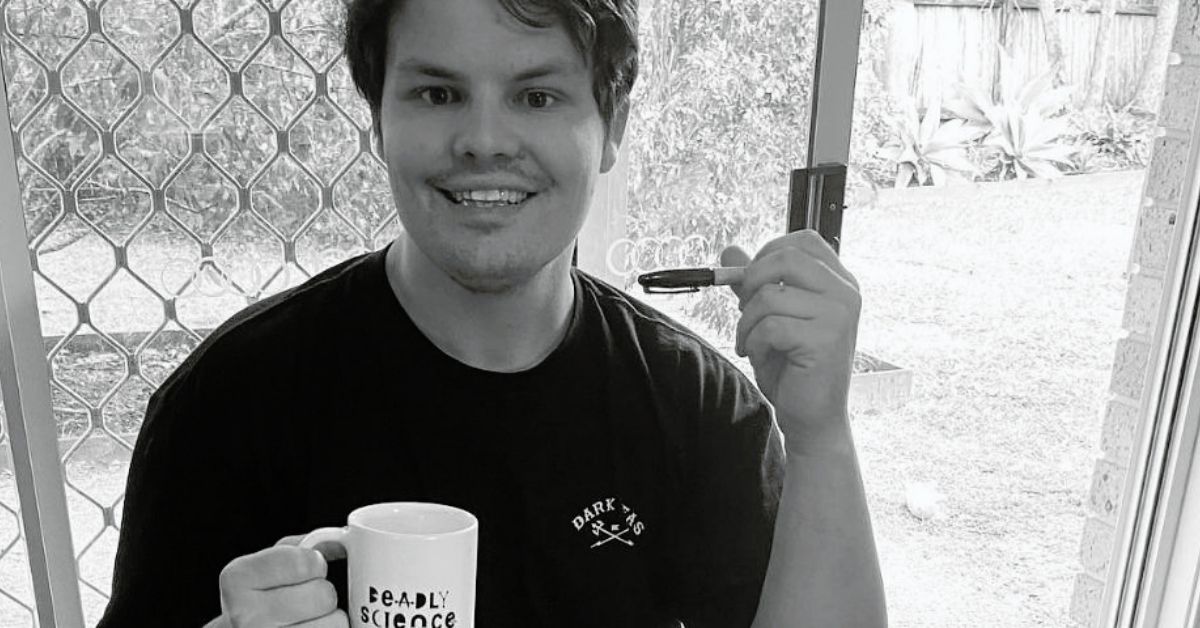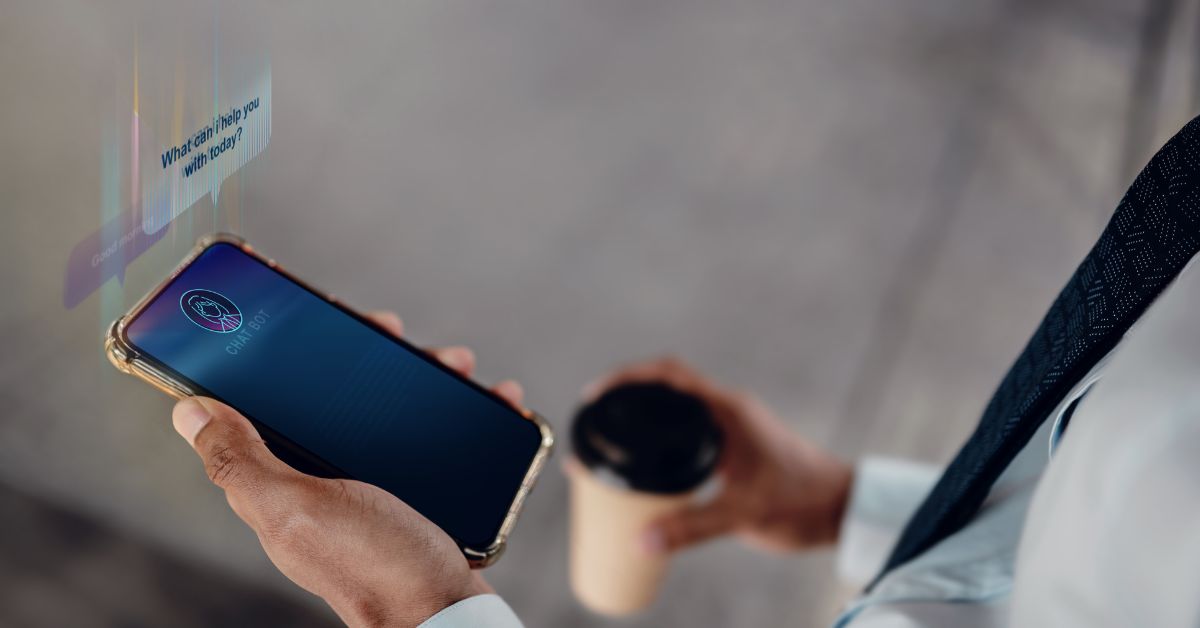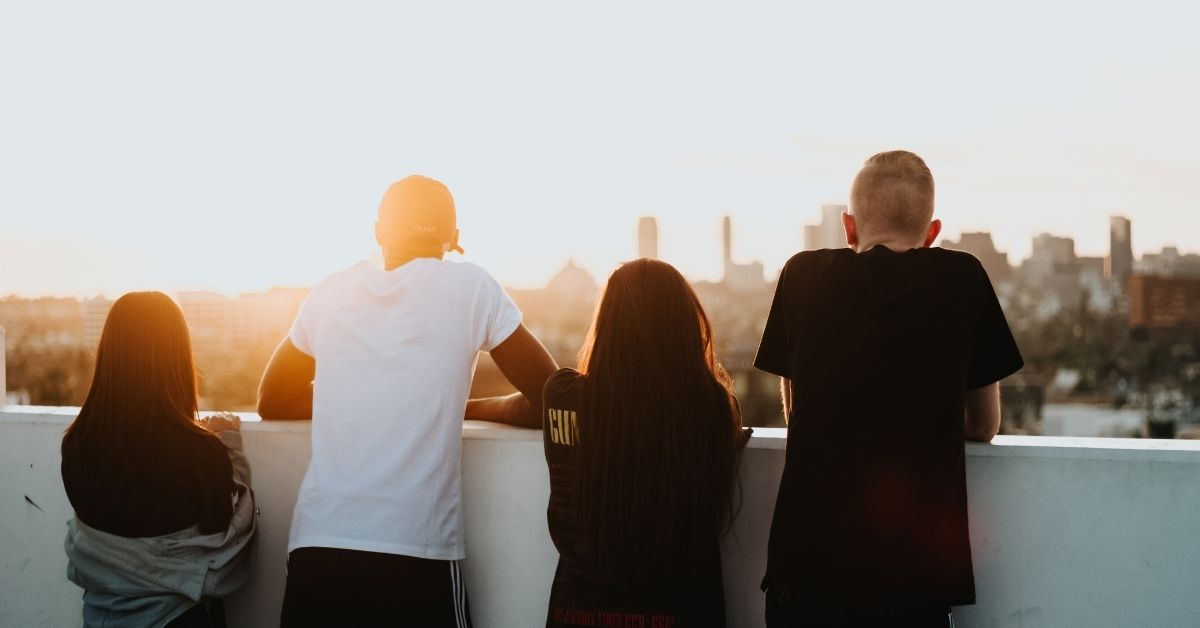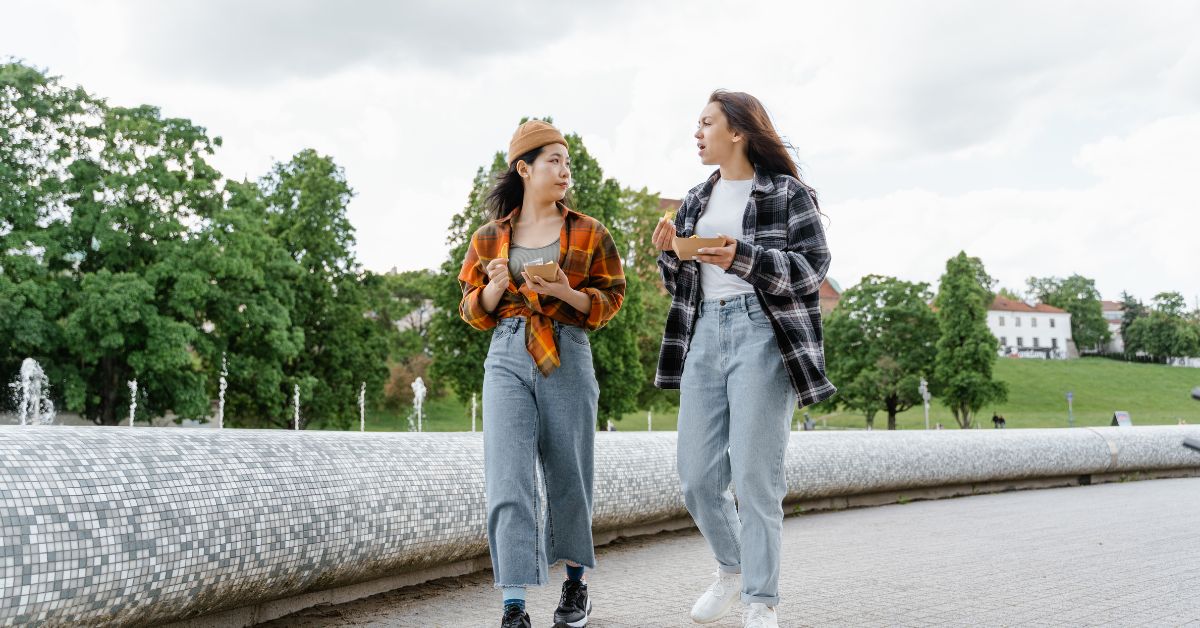Finding Hope: A Young Man Improving Lives Through Science Textbooks

Finding Hope: A Young Man Improving Lives Through Science Textbooks
By: Georgia Free
Corey Tutt lives and breathes his passion for science. A proud Indigenous man, 29-year-old Corey has worked among animals since he was 16 – as a zookeeper, alpaca shearer and an animal technician. He’s also the founder of Deadly Science – an initiative which has seen 16,000 science books sent to remote Indigenous schools across Australia.
A hard start
Corey was born in the Illawarra region and loved science from a young age, spending his childhood catching lizards and reading books about reptiles. However, continuous tragedy throughout his childhood meant that Corey’s start to life was rocky.
“I grew up without a dad,” he shared.
“My dad left when I was two, due to a bit of domestic violence. And, when I was eight-years-old, I witnessed a pretty horrible accident which resulted in the death of one of my classmates.
“That was pretty hard for me as a young person.”
School was also hard for Corey. Although he was smart, he didn’t receive the support needed from teachers – and was segregated from other students because he was Indigenous.
“The schooling system didn’t really fit me. Being an Indigenous kid as well, I was put in classes with the other Aboriginal kids,” Corey said.
“These were things they did to help us, but the segregation made it kind of worse.”
As a result, Corey left school at 16, but quickly found his passion among animals.
The Deadly Science origin and mission
Corey travelled across the country in a range of animal-related roles for the next several years – zookeeping and shearing alpacas – before landing in Sydney as an animal technician. However, something was missing from his career.
“Throughout the journey I met very few Aboriginal people in the science industry, so I wanted to do something about it,” Corey said.
“Throughout the journey I met very few Aboriginal people in the science industry, so I wanted to do something about it,” – Deadly Science founder Corey Tutt
Corey started attending career days in Redfern, for high school students, and talking about science with young people. While there, Corey discovered that many Indigenous students were facing the same problems he did as a child. So, being a scientist, he dug a little deeper.
“I started Googling remote schools and found that the problem wasn’t with these kids at all, it was just a lack of opportunities and resources,” he said.
“So I packed up every single book I owned, and started sending these books away.”
Thus, Deadly Science was born – an initiative which has provided more than 16,000 books and resources to remote Indigenous schools across the nation. Deadly Science also provides educational and mentoring programs to schools, and the organisation saw Corey win the 2020 NSW Young Australian of the Year. However, he’s quick to say Deadly Science isn’t a charity.
“When we work with kids, it’s not an outreach, it’s a collaboration,” he said.
Nonetheless, Corey knows the impact Deadly Science can have on young people, and he has a few simple goals when working with kids.
“The best part about science is it gives us a passion,” Corey said.
“If none of [the kids] become scientists then that’s fine, but I want them to be brave, I want them to be deadly and I want them to delete ‘can’t’ from their vocabulary.
Kids should be allowed to make mistakes
Although initiatives like Deadly Science provide a hope and purpose for many, Corey knows there are deeper societal issues within Indigenous communities that society as a whole must address to ensure brighter futures for Indigenous children.
In Australia, many Indigenous children are incarcerated as young teenagers, with some being reported to have been jailed as young as 10 years old. Corey believes that change must start here.
“Young people are allowed to get hurt. They’re allowed to make mistakes,” he said.
“If we’re going to lock people up based on their race for making one mistake, then we are doing a disservice to society.”
Corey believes true change must come from first listening to – and understanding – the issues facing Indigenous kids.
“For a lot of those kids that get in trouble, a cell might be the only time they get their own bed, or their own room or three meals a day,” he said.
“For a lot of those kids that get in trouble, a cell might be the only time they get their own bed, or their own room or three meals a day,” – Deadly Science founder Corey Tutt
Visit the Deadly Science website and follow them on Instagram for more information.
Article supplied with thanks to Hope Media.
Other Articles You May Like

By: Akos Balogh ‘Could you turn that thing off? It’s...

By: Mike Crooks Mission Australia is asking people aged 15-19 to...

By: yesHEis It’s crunch time. You’ve been sharing Jesus with...

By: Michael McQueen They grew up in a digital age...

